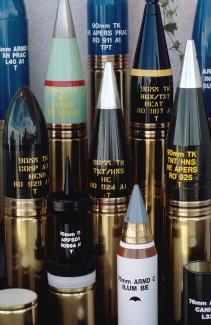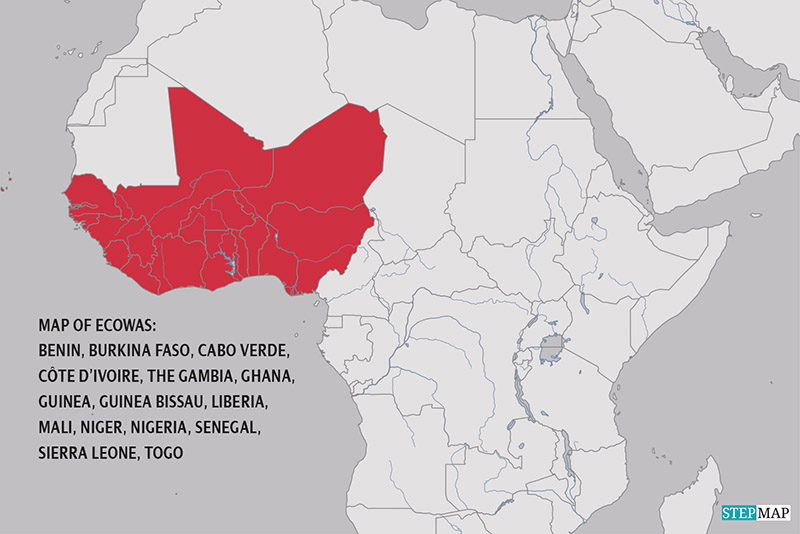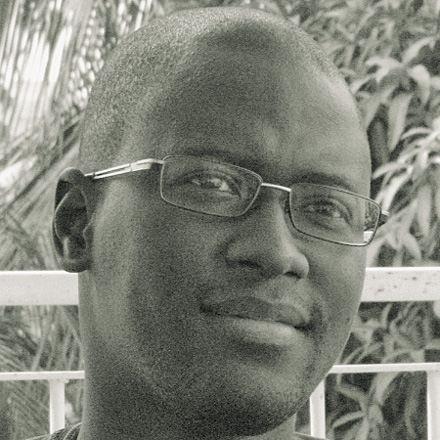Armament
Many conflicts – many weapons

According to SIPRI, global military expenditure amounted to some $ 1756 billion in 2012. That was 2.5 % of global gross domestic product (GDP) or $ 249 per human being. Spending was marginally lower than in 2011 in real terms, but in absolute numbers, it was nevertheless higher than in any year between the end of World War II and 2010. SIPRI points out that, while cybersecurity has risen on the agenda, initiatives to protect civilians have hardly made progress. For instance, the Convention on Cluster Munitions has still not been signed or ratified by arms producers such as Russia and the United States.
SIPRI notes that the Arab spring has triggered armed conflicts. Among the affected countries is Mali, which does not even belong to the Middle East/North Africa (MENA) region. New conflicts generally lead to increased weapons sales in the region concerned, the authors write, but not all changes in international arms trade are conflict-driven. SIPRI accuses arms exporters, including the USA and EU members, of trying to open up new markets. One way of doing so, the experts state, is to streamline bureaucratic procedures for military technology transfers and concluding agreements on cooperative arms production in developing countries. The global financial crisis is said to have boosted the interest in exporting arms.
More nuclear arms in China
In 2013, eight nations – the United States, Russia, the United Kingdom, France, China, India, Pakistan and Israel – possessed approximately 4400 operational nuclear weapons, according to SIPRI, and nearly 2000 of these were kept in a state of high operational alert. Israel neither confirms nor denies that it possesses nuclear weapons.
According to SIPRI, the nuclear powers together possessed approximately 17,265 nuclear weapons, which is roughly 2000 fewer than one year earlier. "The decrease is due mainly to Russia and the USA further reducing their inventories of strategic nuclear weapons under the terms of the Treaty on Measures for the Further Reduction and Limitation of Strategic Offensive Arms (New START) as well as retiring ageing and obsolescent weapons," SIPRI reports.
According to the authors, only China seems to be expanding its nuclear arsenal, while India and Pakistan are expanding their missile-delivery capabilities. Shannon Kile, a senior SIPRI researcher, says the long-term modernisation programmes under way in these three countries suggest that "nuclear weapons are still a marker of international status and power".
Withdrawal of troops
The number of internationally deployed peacekeepers currently stands at 233,642 troops, active in 53 operations, according to the report. This is a drop by more than 10 % compared with 2012. The most important reason, SIPRI states, is the withdrawal of international forces from Afghanistan. Since the ISAF will be pulling out of Afghanistan altogether in 2014, the number of peacekeepers is expected to fall further. UN peacekeepers are being withdrawn from other countries too.
The downside is that absence of peacekeeping troops from a country does not mean that there is peace in the area concerned. Syria is an example of escalating violence, and it is unlikely that the UN Security Council will pass a resolution to change matters anytime soon. Jaïr van der Lijn, another senior SIPRI researcher, regrets that national interests and the fear of the national-sovereignty principle being undermined "seem to weigh heavier than the plight of populations caught up in conflict". He says: "The lack of action over Syria in 2012 highlighted the weakness of international commitment to the responsibility to protect."
Sheila Mysorekar














